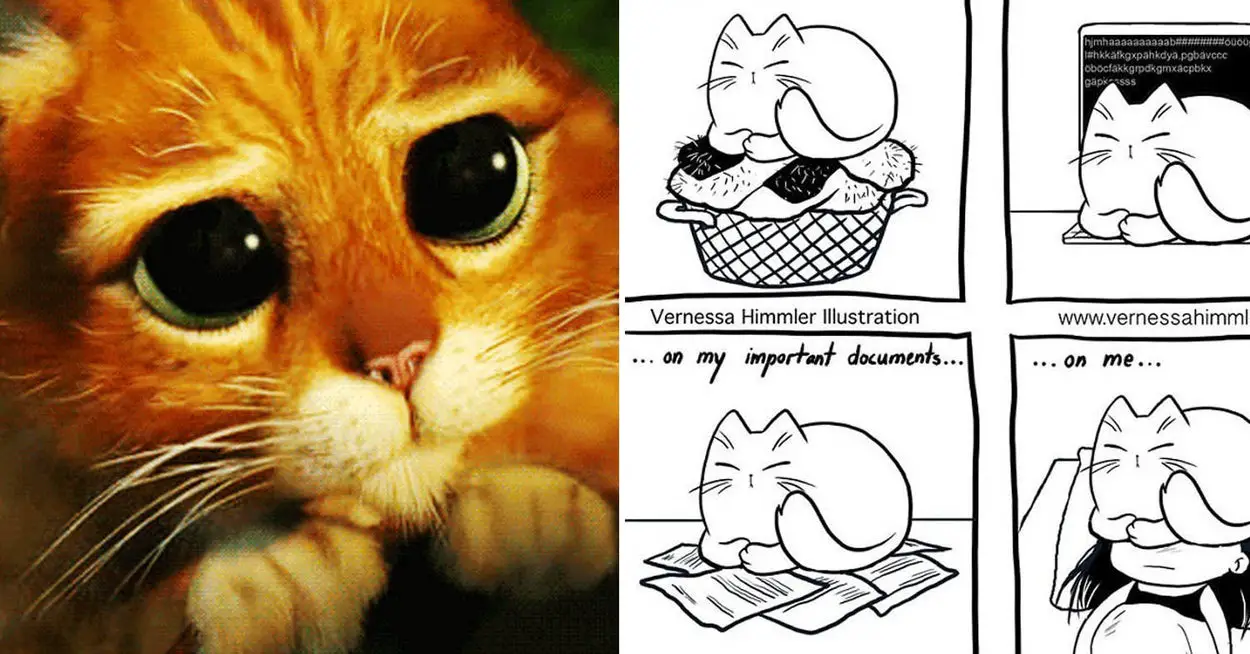For the last few years I’ve been focused on a problem – collecting human sourced recommendations i.e. new content – and getting it to people who need it.
The hardest part is that humans don’t always realize what new content they need. It is of course presumptuous to assume what information people need but I’m ever hopeful that a recommendation for a great book or piece of advice could transform lives if only it reached the right people. The information is out there maybe floating around in a Quora or Reddit answer, in a comment thread, in an AI generated ‘recommended for you’ list or just stuck in someone’s head. Sometimes people can search and browse to locate the information they need but what’s becoming more important is the need to expand people’s knowledge horizon. Opening up opportunities to discover new content can help combat disinformation, improve personal growth and of course help businesses reach new customers.
It’s not a new problem and the race is fully underway to apply AI/machine learning to help filter out the useful or desirable content. There are even alternatives to AI popping up which aim to use human curated suggestions like the recommendations platform we are building in Recknsense or new human curation social networks like Beyond.
The phenomenal amount of online content and its unstoppable growth, means this problem of funneling new information through curation and personalization is one of the most important challenges we face today.
The solution is likely to involve effective curation and accurate personalization. It could be AI or Human generated or most likely it will involve both.
Old School Human Curation
Finding useful or desirable things when there is a lot of choice is not a new problem. We’ve always had this challenge whether it’s choosing clothes, music, books, food or just about anything else if you have the means available. How do you choose clothes when there are millions of outfits at your disposal? How do you choose music to listen to when we have access to millions of tracks? How do we choose books when there are millions of publications?
The answer throughout history has been good curation. Just like we have bestsellers, playlists, radio, personalized shopping, and top charts to help navigate through selections, the same can be applied for online content. We already have curation for online content like news, podcasts or video which usually rely on popularity, trends and some editing. However, when human editors are less influential, it tends to give you more of the same. Exclusively using AI algorithms comes with the controversies we’ve seen in disinformation, bias and group think. In a recent article, human editors were shown to produce a more diverse set of content than AI algorithms alone. There is no doubt, humans in the loop give an essential service if only to check machine learning’s homework. Being able to scale human editing and old school curation is difficult so it’s natural we turn to AI for speed and breadth.
Considering the issues that AI for curation has presented, you’ll see a lot about finding new solutions to this problem soon. Everything from platforms helping to human curate the best content sources to ‘Curation as a Service’ that can provide human curation on demand.
There is a desire to bring back old school human content curation. At some point we might expect AI to take the decision making process out of our hands and pick the perfect music or outfit, but we aren’t there yet. For content like learning, advice, recommendations and growing our personal knowledge, we definitely aren’t.
As well as curation, there is another angle to this problem – personalization. This is a holy grail of curation where recommendations and experiences have a high likelihood of matching a customer’s needs because we know something about them. It is helpful to compare curation with personalization.
The Scale from Curation to Personalization
There is a scale from pure curation to a personalized form. On one side is the aspirational, expert human curation of the type which may be applied in an art gallery, by a DJ or influencer or a top fashion magazine. There is no personalization in that case. It’s pure curation by experts who tell you what’s in vogue, what works and what doesn’t.
There may be attempts at applying AI to do this type of curation but it’s experimental and not likely to take away the jobs of high end curators just yet – maybe never. The down side of this type of curation is its lack of personalization and taking into account who the recipient is. Many of us would feel the suggestions out of reach or inappropriate,
On the other end of the scale is highly personalized curation that you’ll see in the form of ‘recommendations for you’ or ‘similar items you might like’. This is where AI is happily trying to predict what you might like using a mass scale curation process. It’s frequently off the mark but it is getting better. The reality is we are pretty good at figuring out similar things ourselves. If you’re like me you skim past the recommendations either unimpressed with predictable selections. That end of the scale often fails to inspire and find you things you didn’t know you needed. It works when it hits the sweet spot between similar enough yet new or interesting. Humans do this incredibly well naturally but machines have some way to go.
There are dangers of each end of the scale. If the pendulum swings too much on the side of pure curation, we won’t solve for anything and simply add more sources of information in an already noisy landscape. At the other end of the scale if we have too much personalization we risk rabbit holes, spiraling disinformation and a missed opportunity to help people grow their knowledge.
The Best of Both
The best solution will be a blend of AI and humans. By using the high end curation skills of a human and the personalization scalability of AI, we may strike a clever balance. I am always searching for great examples so if you’re reading this and have seen great examples let me know.
Until then, I continue to collect human based recommendations on Recknsense which lies at the pure curation end. One day we will add AI into the mix and get those life impacting recommendations to the right people when they need it.
Source link











Leave a Reply